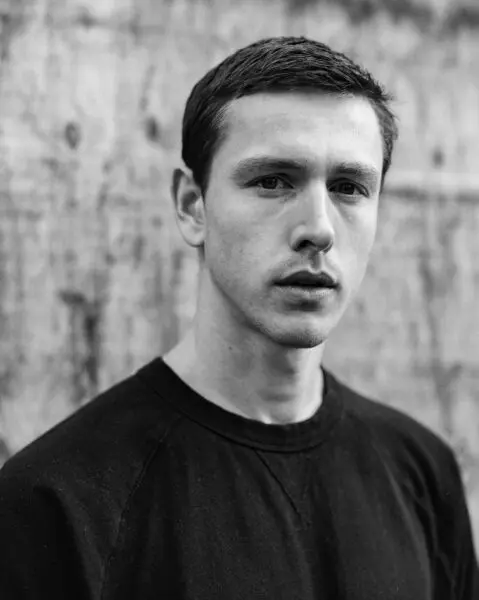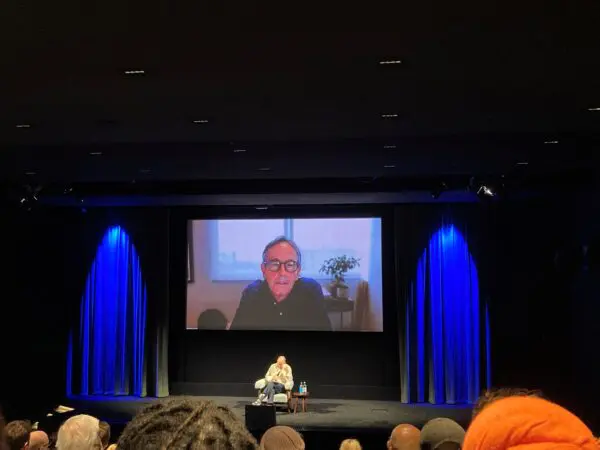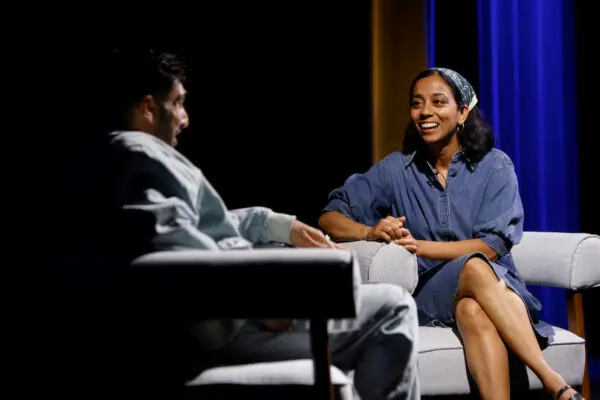This year marks the 50th anniversary of Oliver!, the wonderful film adaptation of the musical based on Charles Dickens’ classic tale. Here we celebrate its impact, legacy and multiple BAFTA connections. Words by Toby Weidmann
When producer John Woolf secured the rights to adapt Lionel Bart’s hugely popular musical Oliver!, based on the Charles Dickens story Oliver Twist, he must have felt he had a hit on his hands. The book had always been one of Dickens’ most celebrated and by the time the musical was adapted into a feature film it had already won three Tony Awards and been nominated for six others for its first Broadway run in 1963 – after completing a hugely successful run in London’s West End.










